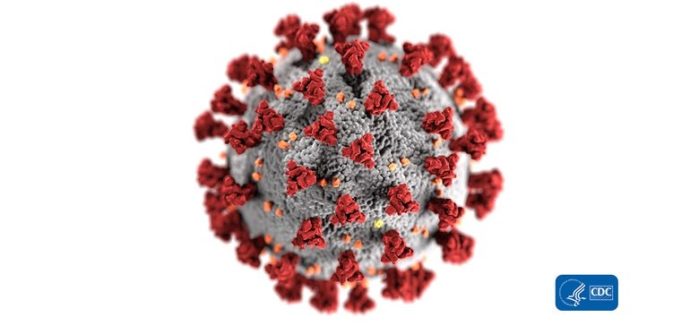According to the CDC’s COVID-19 cases in the U.S. website, which the FEHBlog tracks, over the past seven weeks the numbers of new COVID-19 cases had taken a downward path for the first four weeks and then has turned up for the past three weeks. New deaths saw steady weekly reductions over the same time span until this week when there was a slight upturn. The COVID-19 hospitalization rates continue to trend down.
| Week ending | New Cases | New Deaths |
| May 15 | 297,581 | 8,856 |
| May 22 | 159,496 | 8,160 |
| May 29 | 142,210 | 7,561 |
| June 5 | 142,289 | 6,353 |
| June 12 | 153,371 | 5,850 |
| June 19 | 161,289 | 4,865 |
| June 26 | 199,252 | 5,270 |

In other healthcare news —
- Health Payer Intelligence reports that the CDC “estimates that 90 percent of national healthcare spending goes toward chronic disease management and mental healthcare, which means that strong mental health and chronic disease prevention strategies can help reduce payer spending. The CDC has named the eight most expensive chronic diseases in the US. The good news for payers is that most of these can be prevented to some degree. By being aware of preventive care strategies for these eight chronic conditions, payers can actively reduce their healthcare spending and support positive patient outcomes.”
- The Commonwealth Fund and the Healthcare Transformation Task Force have created a Maternal Health Hub.
In federal agency news
- Govexec.com informs us about the President’s executive order, issued today, requiring federal “agencies to increase the use of skill assessments and interviews with subject matter experts to determine an applicant’s qualifications, rather than simply looking at educational achievements. Degree requirements will not go away entirely, and certain positions—such as those in medical, legal and certain technical fields—will still require advanced degrees. The goal of the order, Trump administration officials said on Friday, is to create a broader pool of potential federal employees and a more equitable hiring process.”
- Federal News Network reports that “The Postal Service expects to withstand the financial impact of the coronavirus impact better than it anticipated a few months ago, but warns that it could still run out of cash before the end of 2021 without long-term reform from Congress.”

